No products in the cart.
India is home to one of the largest goat farming industries in the world, with goats being essential to the agricultural economy. From milk production to meat (chevon), goat farming plays a significant role in rural development, providing livelihood opportunities for millions. The variety of breeds like Jamunapari, Saanen, Beetal, and Boer goats offer excellent opportunities for farmers to diversify and increase their income.

A Booming Goat Farming Industry in India
One of the biggest hurdles for farmers—particularly small-scale or new entrants—is the financial burden of setting up and maintaining a profitable goat farming business. Fortunately, the Government of India offers a range of subsidies, loans, and schemes specifically designed to help farmers. In this comprehensive guide, we will discuss the various government schemes available for goat farming, from healthcare support to financial aid and more, all aimed at improving goat farming profitability in 2025.
Why Goat Farming?
Goat farming is a sustainable agricultural venture that offers several benefits:
- High Market Demand: Goat meat (chevon) is in high demand due to its low-fat content compared to other meats.
- Low Investment: Compared to cattle farming, goat farming requires lower initial investments, making it an attractive option for small-scale farmers.
- Sustainability: Goats are adaptable to different climates, including arid and semi-arid regions, making them ideal for India’s diverse geographical landscape.
With the right government support and the adoption of modern practices, goat farming can be an excellent business with high returns on investment.
Government Schemes for Goat Farming in India
Several schemes aim to promote goat farming, offering financial assistance, veterinary support, and infrastructure development. Here are some of the most notable schemes available in 2025:
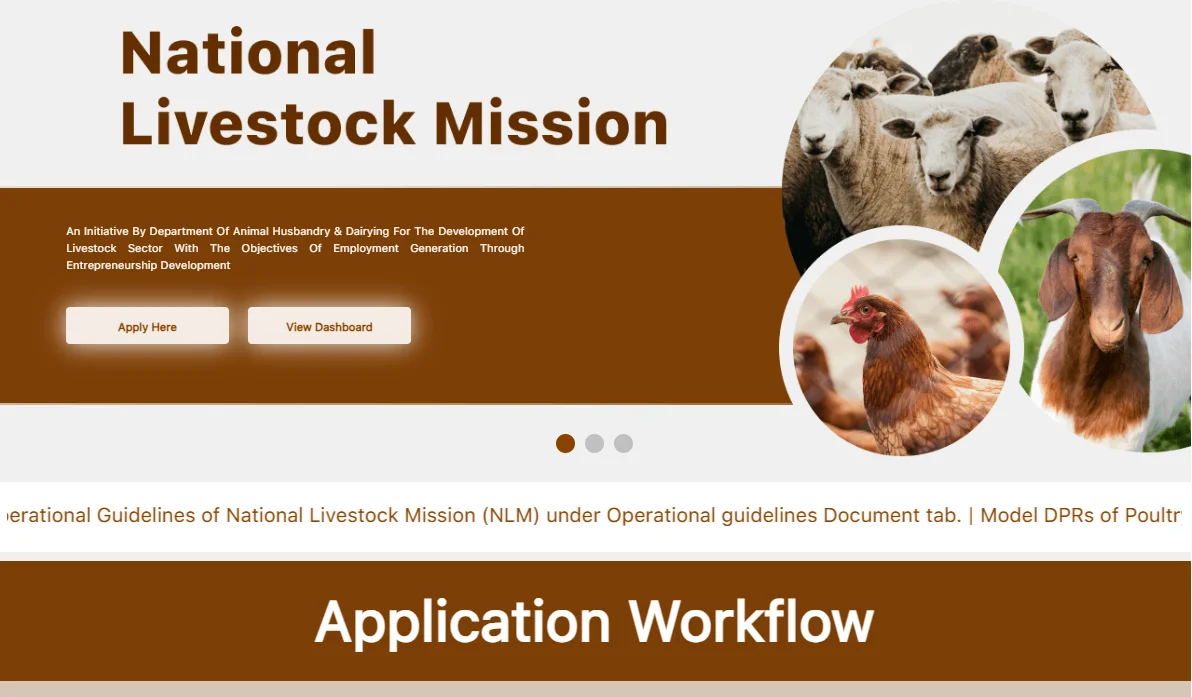
1. National Livestock Mission (NLM)
The National Livestock Mission is a flagship scheme aimed at sustainable development in the livestock sector, including goat farming. Under NLM, financial support is provided for:
- Improving the genetic quality of goats through breeding programs.
- Developing infrastructure for better handling and feeding.
- Training farmers in modern farming practices.
This mission also encourages private investment in goat farming, which can be pivotal in making the business profitable.
How It Helps:
- Provides subsidies for purchasing high-quality goats like Saanen and Jamunapari.
- Offers financial aid for establishing modern sheds and fodder management systems.
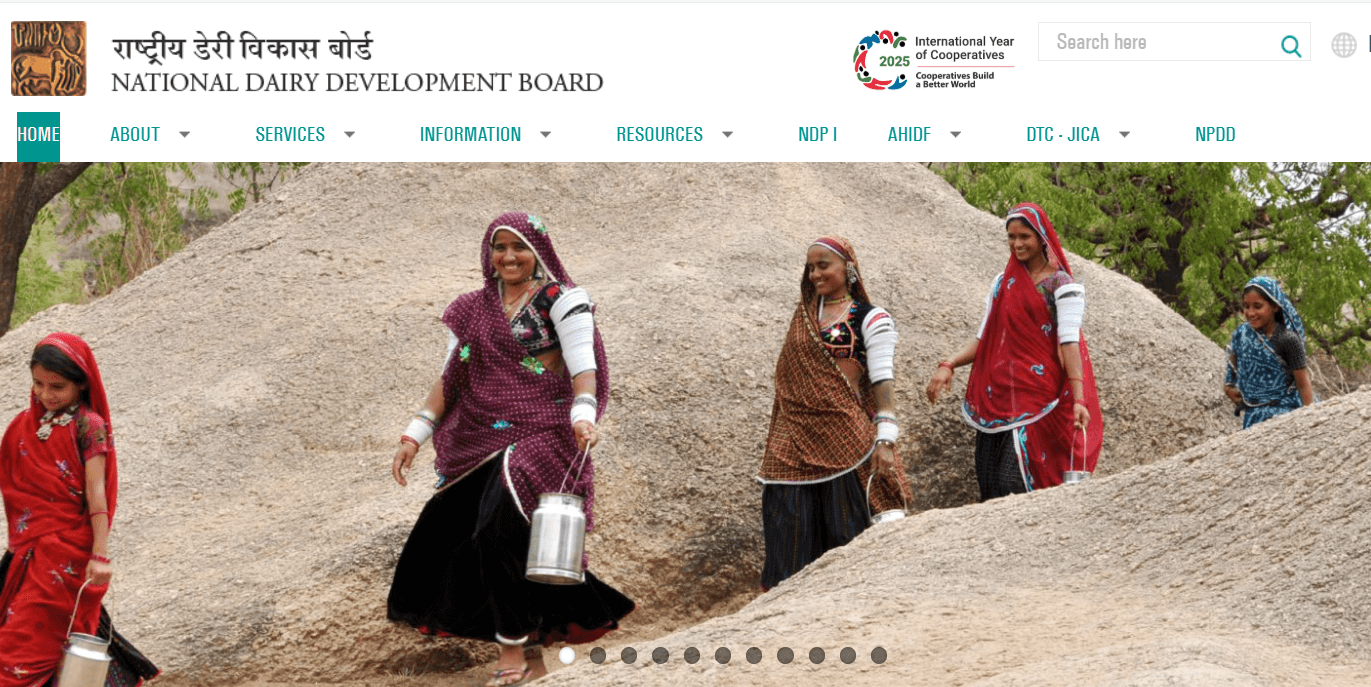
2. Goat Development Scheme (GDS)
A key initiative under the Department of Animal Husbandry & Dairying, the Goat Development Scheme aims to improve the productivity of goats in the country. It helps farmers with:
- Purchase of breeding goats from recognized sources.
- Training programs on goat farming techniques.
- Support for building goat-rearing sheds.
How It Helps:
- Farmers can receive subsidies for purchasing healthy, high-yielding goat breeds.
- Assistance in the capacity building of goat farmers through training and workshops.
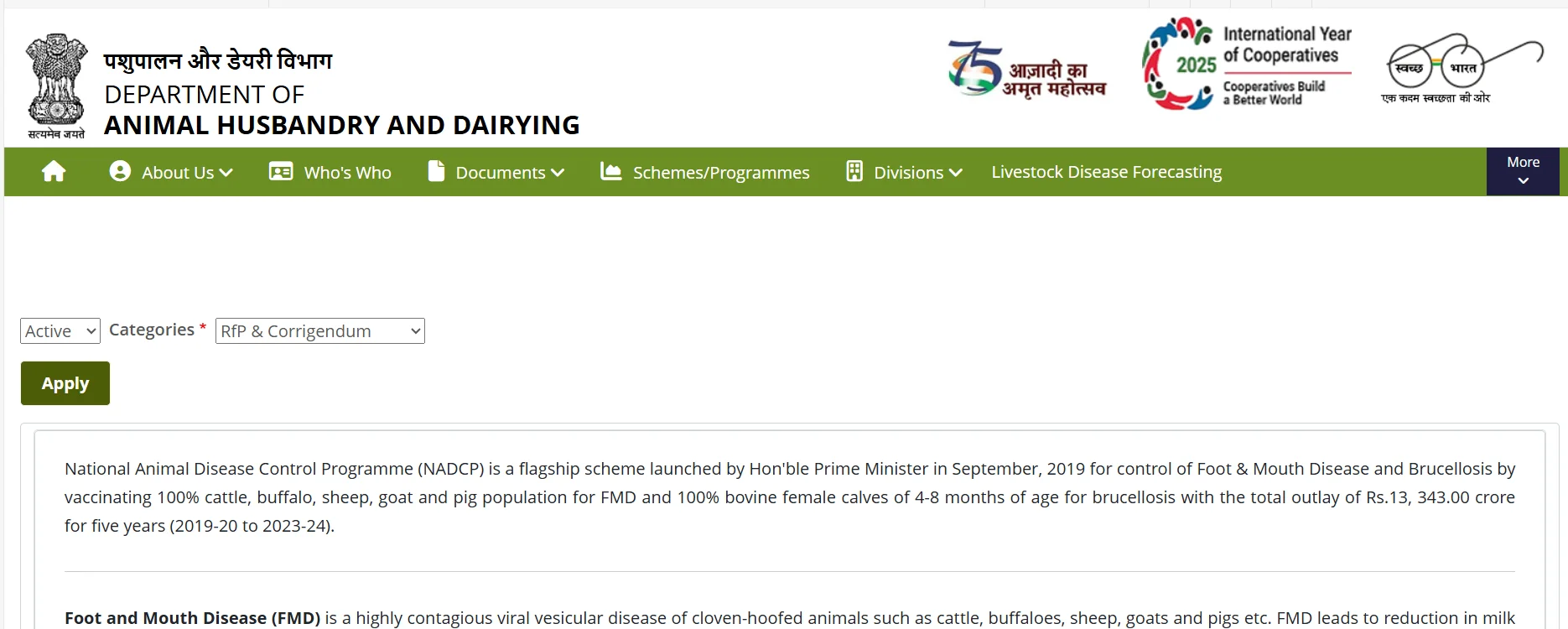
3. National Animal Disease Control Programme (NADCP)
Health plays a critical role in maintaining a profitable goat farm. The NADCP aims to eliminate diseases such as Peste des Petits Ruminants (PPR) and foot-and-mouth disease (FMD) that frequently affect goats. Under this scheme:
- Free vaccinations are provided to farmers.
- Disease surveillance and monitoring systems are strengthened.
How It Helps:
- Vaccinations reduce the risk of diseases that can wipe out entire herds.
- Regular health check-ups for goats ensure a healthy and productive livestock population.
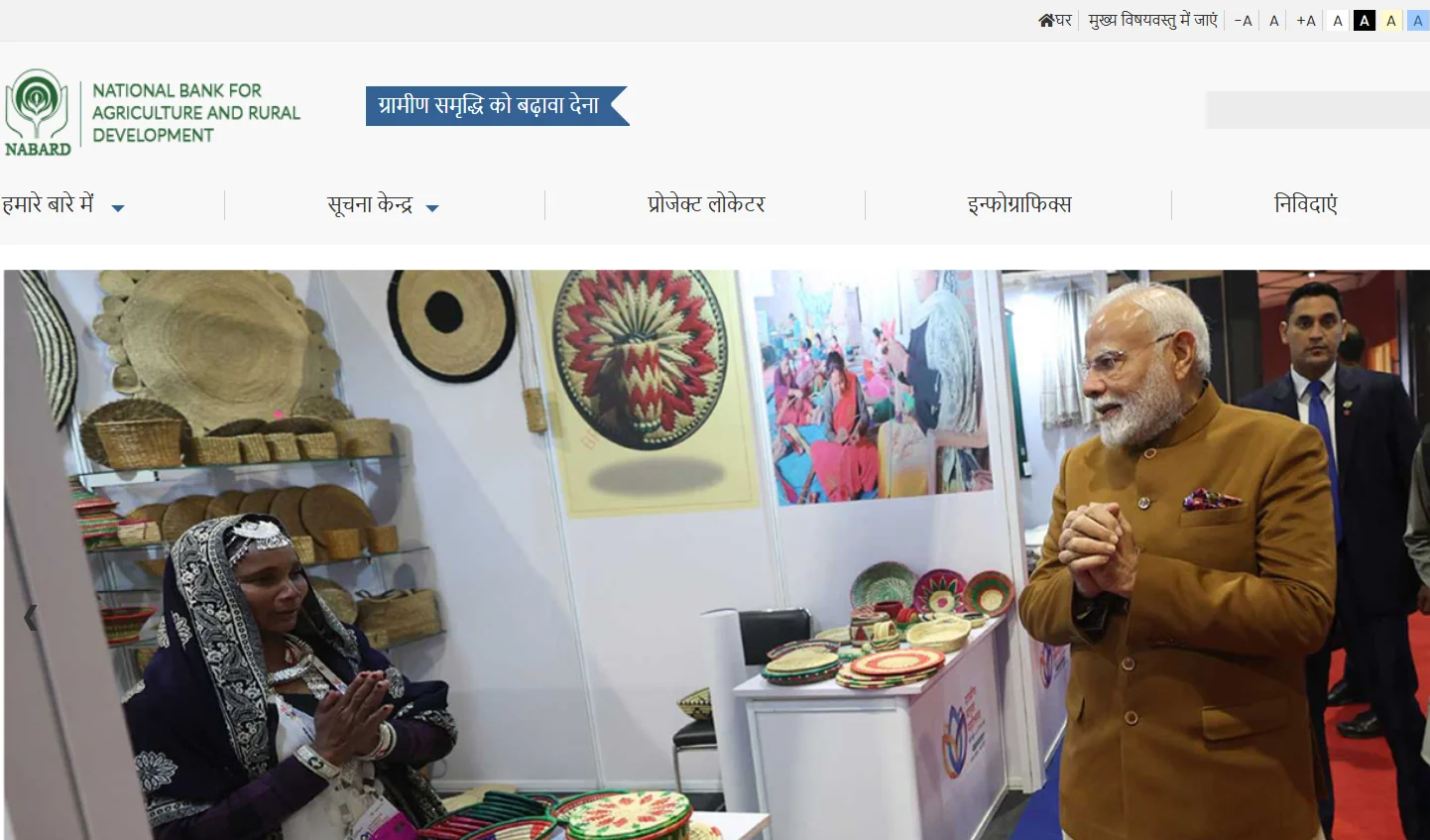
4. Credit Support through NABARD
The National Bank for Agriculture and Rural Development (NABARD) offers credit support for the development of small-scale goat farming businesses. Through its various schemes:
- Farmers can avail loans for purchasing goats, setting up sheds, and even procuring feed.
- Subsidized interest rates and easy repayment terms make it easier for farmers to manage loans.
How It Helps:
- Low-interest loans provide financial relief, enabling farmers to invest in their goat farming business without bearing heavy debt burdens.
- Insurance schemes offer coverage for the goats, reducing the financial impact of livestock losses.
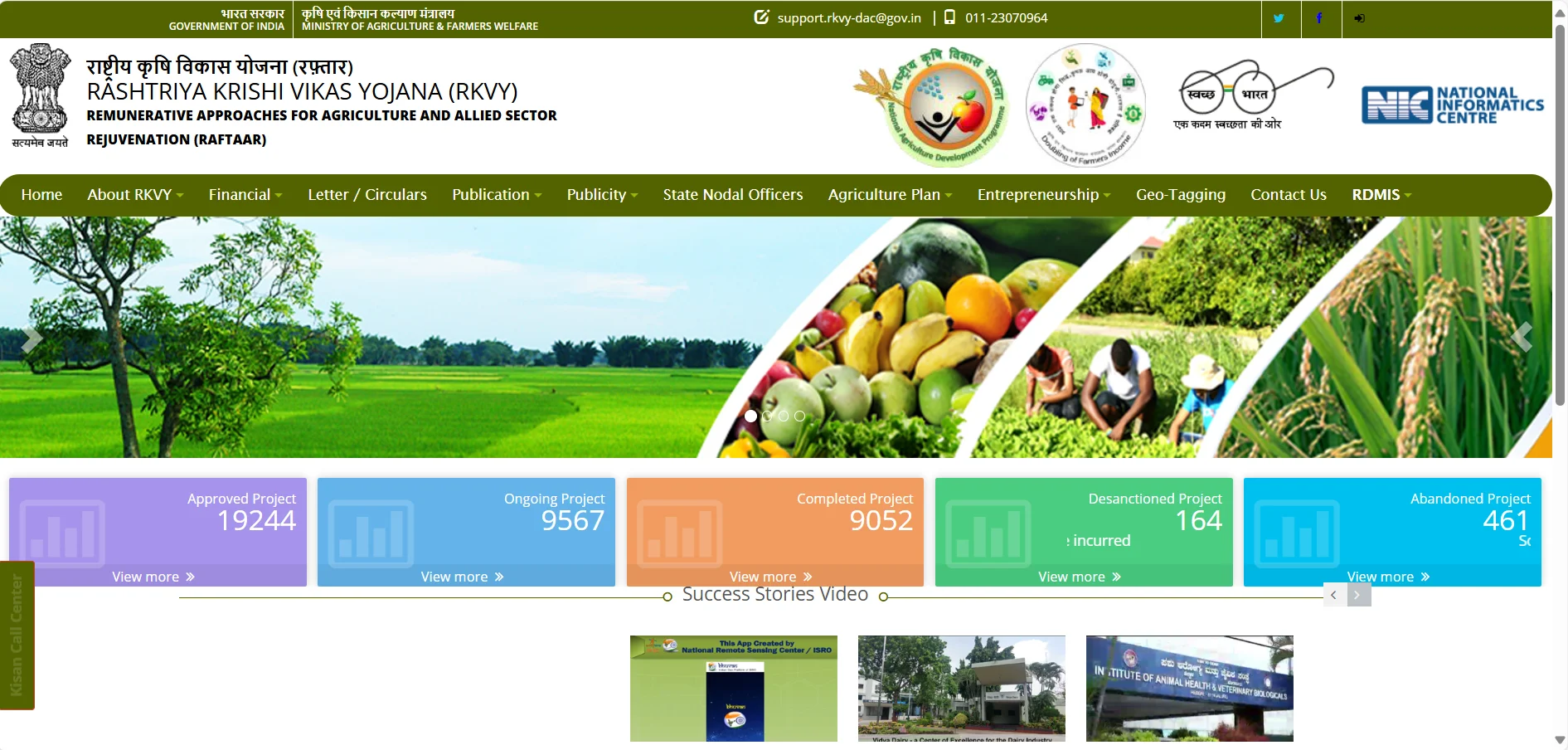
5. Rashtriya Krishi Vikas Yojana (RKVY)
The Rashtriya Krishi Vikas Yojana (RKVY) is another government initiative aimed at boosting livestock farming in India. Under RKVY, several activities related to goat farming can receive financial assistance, including:
- Establishment of goat farms.
- Fodder production and feed management programs.
- Veterinary healthcare and disease control initiatives.
How It Helps:
- Provides a subsidy for setting up goat farming units, especially in regions where livestock farming is less developed.
- Financial support for infrastructure and feed management, critical for boosting goat productivity.
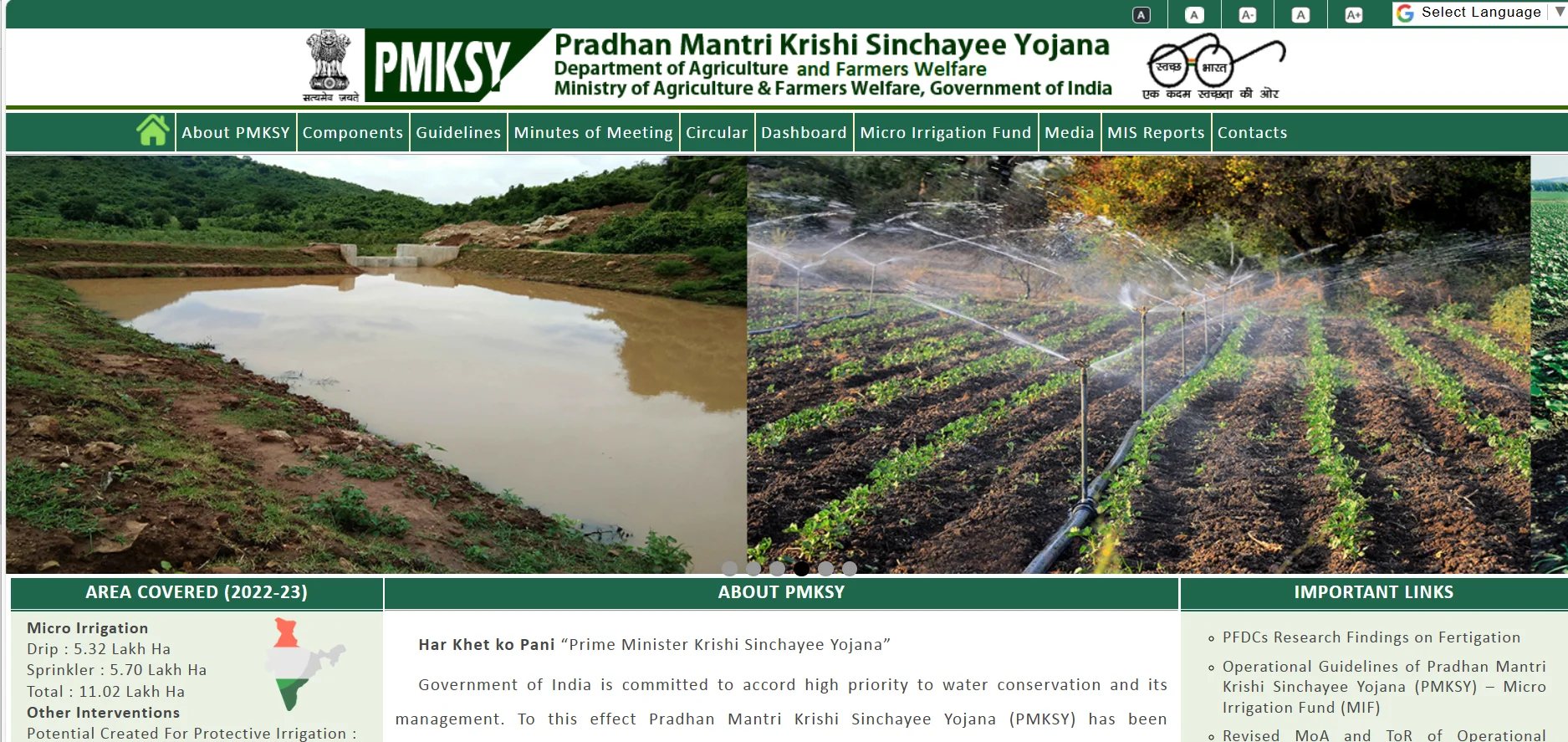
6. Pradhan Mantri Krishi Sinchayee Yojana (PMKSY)
Water management is essential for the optimal growth of goats, particularly in regions facing drought. The Pradhan Mantri Krishi Sinchayee Yojana (PMKSY) focuses on improving irrigation infrastructure, including support for:
- Water conservation.
- Sustainable irrigation systems.
How It Helps:
- Farmers receive financial assistance to establish irrigation systems, ensuring sufficient water supply for goats and fodder crops.
- Helps reduce water scarcity issues, which are critical for farming success.
Best Goat Breeds for Farming in India
While there are many breeds of goats suited for farming in India, some stand out for their high productivity and market demand:
- Jamunapari: Known for its milk production, this breed is ideal for dairy farmers.
- Saanen: A highly productive dairy goat that offers high milk yields.
- Boer Goat: Famous for its meat quality, this breed is great for those focused on chevon production.
- Beetal: A hardy breed that thrives in various environments, known for both milk and meat.
- Anglo-Nubian: Known for its high milk yield, this breed is also popular among crossbreeding programs.
These breeds are favored not just for their productivity, but also for their adaptability to various Indian climates, making them ideal for farmers across the country.
Tips for Successful Goat Farming
To make the most of government schemes and subsidies, here are some valuable tips for successful goat farming:
1. Select the Right Breeds
Choose breeds that suit your local environment and your business goals (milk, meat, or fiber). Consider factors like climate adaptability and disease resistance.
2. Adopt Modern Farming Practices
Make use of modern goat farming practices such as rotational grazing, improved feed, and health management techniques to ensure high productivity.
3. Maximize Subsidy Utilization
Understand the eligibility criteria for different schemes and utilize subsidies effectively to reduce the initial costs of starting or upgrading your farm.
4. Focus on Animal Health
Ensure that your goats receive proper vaccinations and veterinary care to prevent diseases that could affect productivity.
5. Invest in Infrastructure
Building proper shelters, fencing, and water systems can significantly improve the overall health and productivity of your herd.
Boosting Your Goat Farming Business: Take Action Now!

As the government continues to offer various subsidies, loans, and healthcare support to farmers in 2025, it’s the perfect time to invest in goat farming. With careful planning, the right resources, and government schemes, you can build a sustainable and profitable goat farming business.
For farmers looking to enter the industry or expand their existing operations, exploring and taking advantage of these government schemes can provide significant financial relief and support in setting up your business.
By combining government assistance with modern farming techniques, quality breeds, and strategic business planning, you can maximize your returns from goat farming.
Explore the available schemes, apply for subsidies, and embark on your goat farming journey today!
Related posts
Posted on: April 5, 2025
Beetal Goat Farming Success: Profitable Strategies for Rural India
Posted on: March 25, 2025
Goat Growth Time: How Long Does it Take for Beetal, Alpine & Saanen Goats to Mature?
Posted on: March 10, 2025


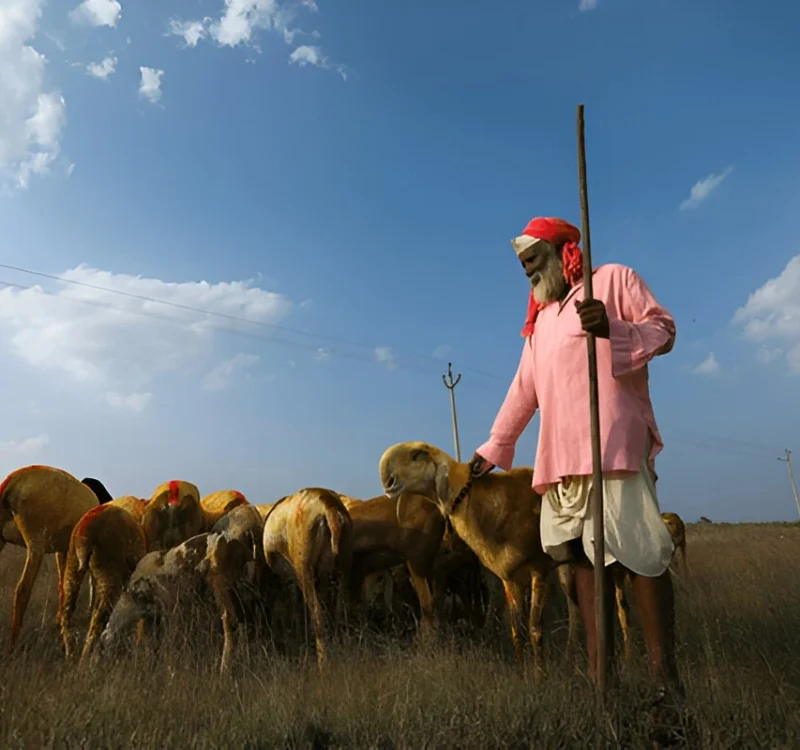
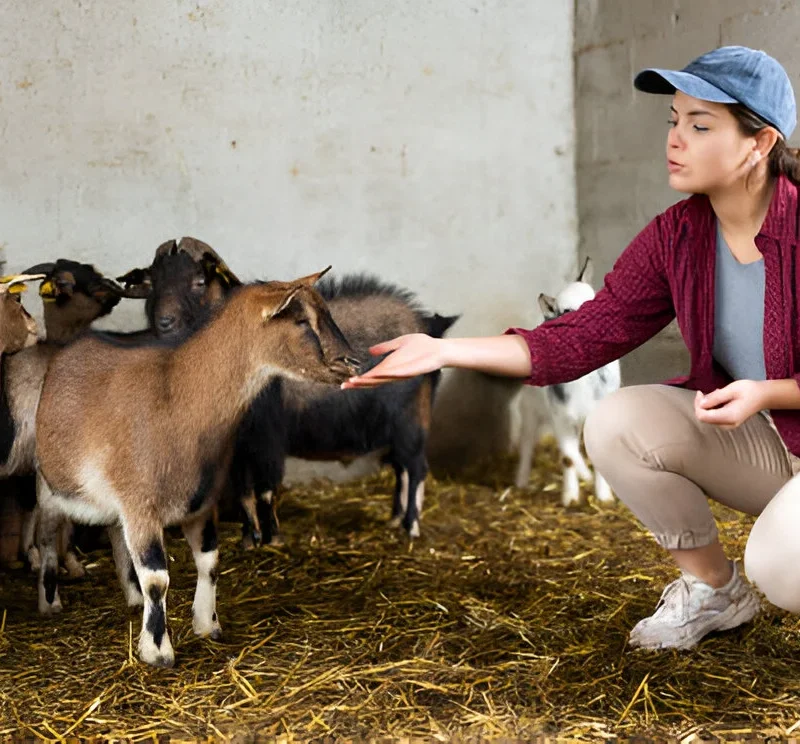
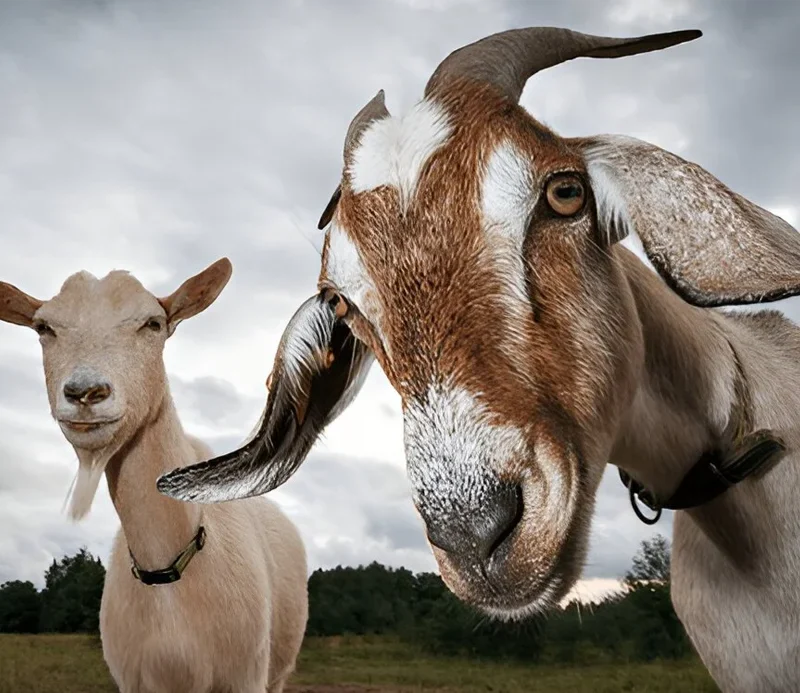








1 Comment
Gajanan More
Required training, project study and loan with subsidy guidance provider institution in Pune